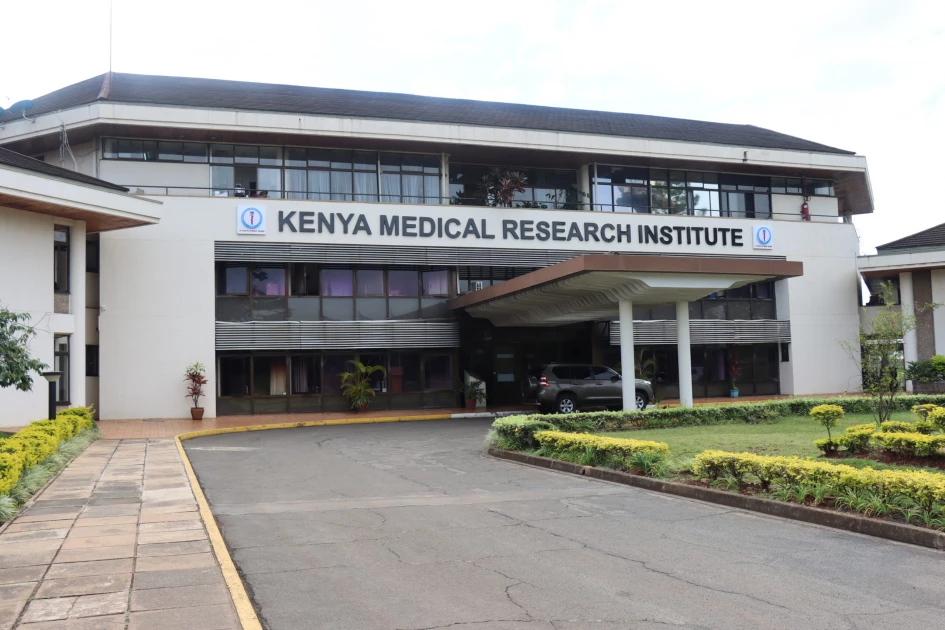KEMRI unveils new drug to prevent Malaria during pregnancy for women with HIV

File image of the Kenya Medical Research Institute (KEMRI).

Audio By Vocalize
An innovative
antibiotic drug could be the key to preventing malaria transmission among
pregnant women living with HIV.
Scientists recommend
that daily doses of co-trimoxazole alongside anti-malarial drug
dihydroartemisinin–piperaquine can prevent transmission of the killer disease
among HIV+ expectant women living in Malaria-endemic regions.
The development
follows a study published in The Lancet by researchers from the Kenya Medical
Research Institute (KEMRI), Liverpool School of Tropical Medicine (LSTM), the
Kamuzu University of Health Sciences and the Malawi University of Science and
Technology.
According to World
Vision International, “co-infections with Malaria and HIV/AIDS have major
health implications, especially on children and pregnant women.”
"However, its
efficacy in sub–Saharan Africa is threatened because Malaria parasites are
becoming increasingly resistant to the drug," KEMRI said in a statement to
newsrooms on Tuesday.
KEMRI Acting
Director General Prof. Elijah Songok, on his part, expressed appreciation for
the new discovery that will provide an extra tool in the fight against Malaria.
“We celebrate
these findings that propose additional arsenal against a disease that risks
about 70 percent of our population, malaria in pregnancy can cause a host of
serious health complications, including miscarriage, stillbirth, pre-term
delivery and growth restriction of newborn babies, and co-infection with HIV
increases doubles these risks,” said Prof. Songok.
His sentiments
were echoed by KEMRI Clinical Research Scientist Dr. Hellen Barsosio, a lead
author on the new paper published in The Lancet.
“These findings
are very encouraging. Not only did we find that adding
dihydroartemisinin–piperaquine to co-trimoxazole was safe and prevented two out
of every three Malaria infections during pregnancy, it was also very well
tolerated by pregnant women, which is very important when a drug is given for
prevention," she said.
"The study
could lead to a much needed policy change that could make a real difference in
improving maternal and newborn health in Africa."
The trial found that pregnant women who received
the combination of monthly dihydroartemisinin–piperaquine to daily co-trimoxazole
had 68% less Malaria during pregnancy than women who received the standard of
care with daily co-trimoxazole alone.


Leave a Comment